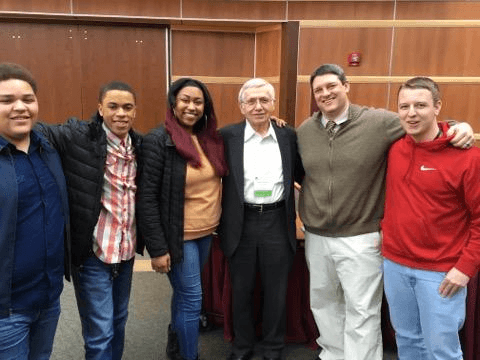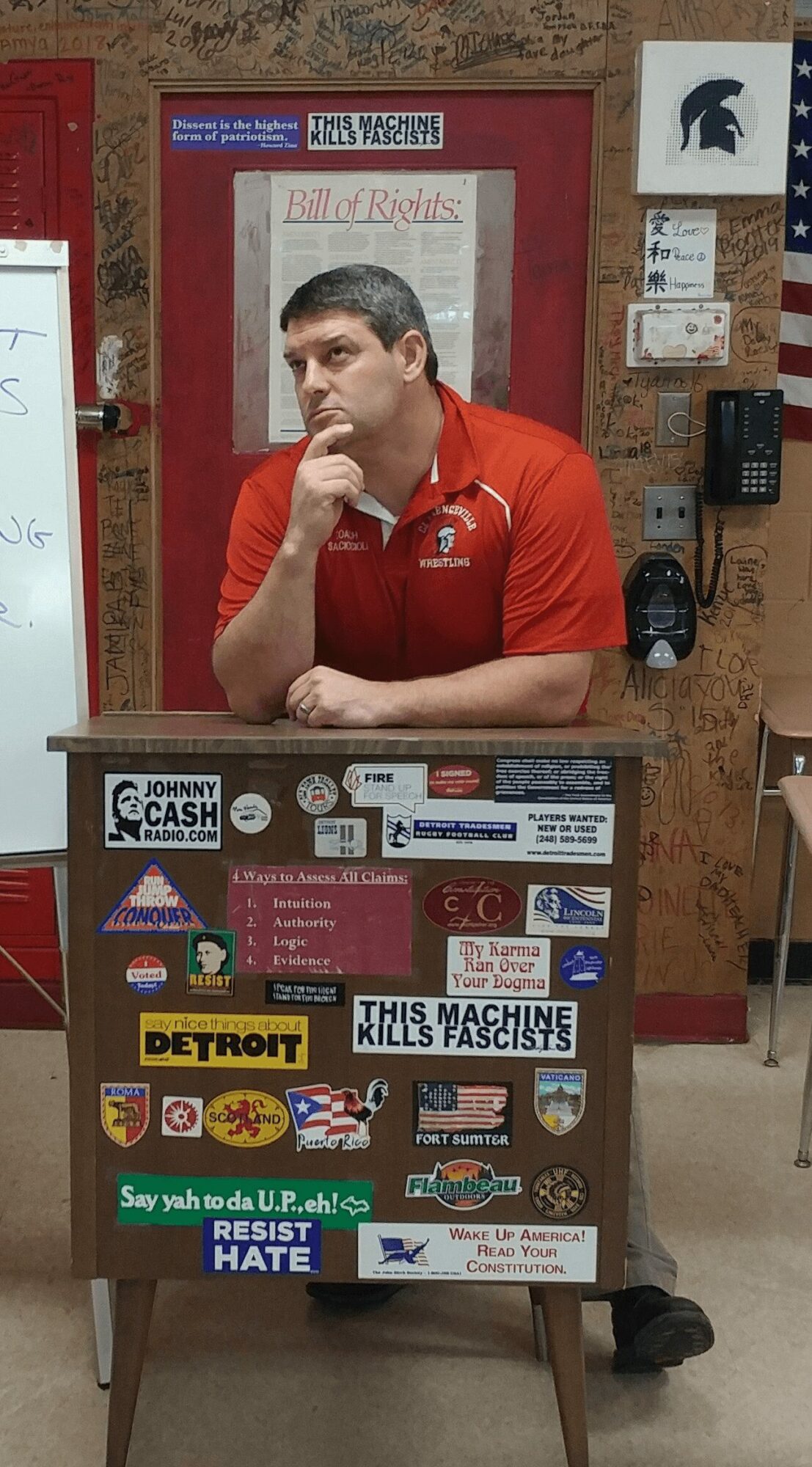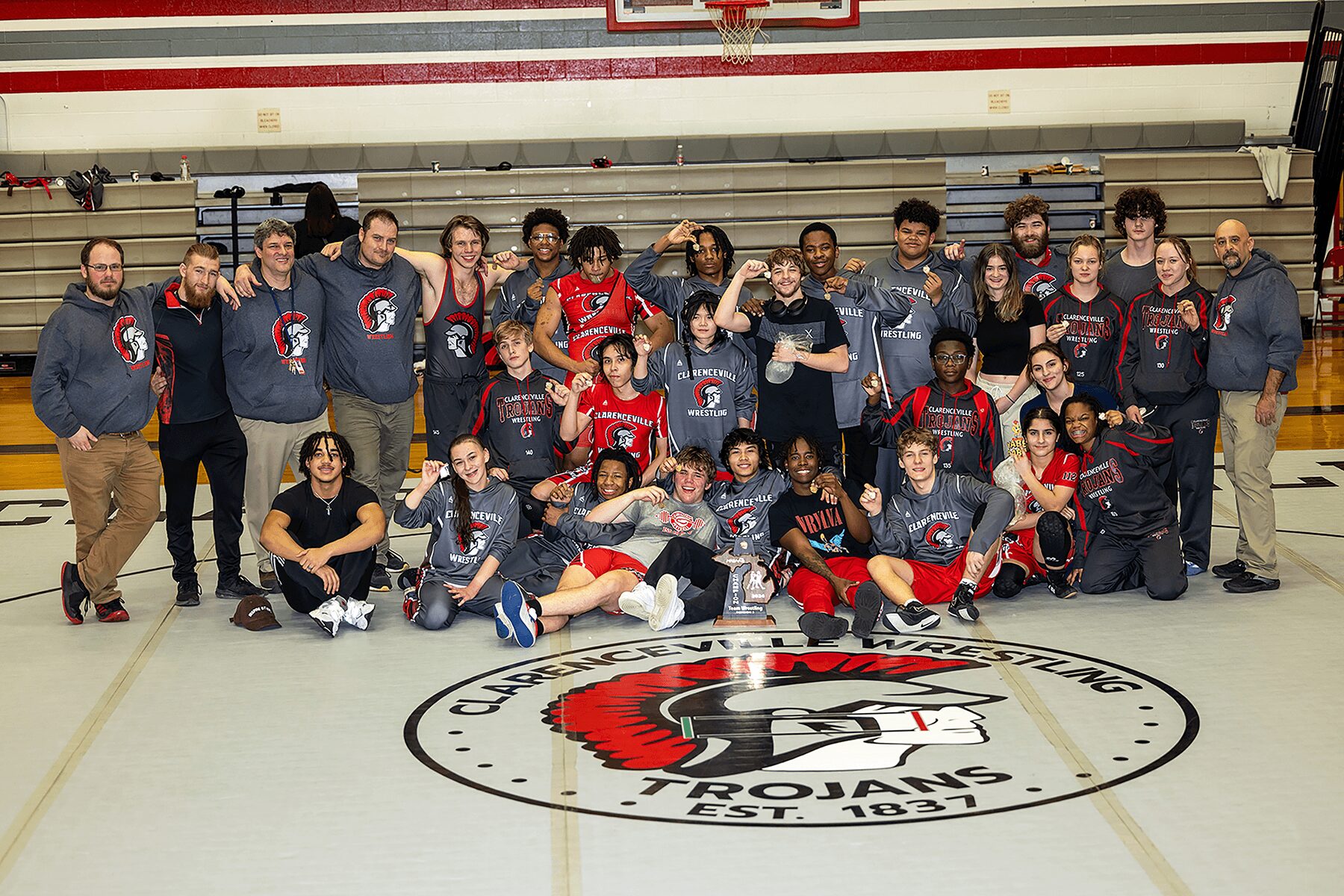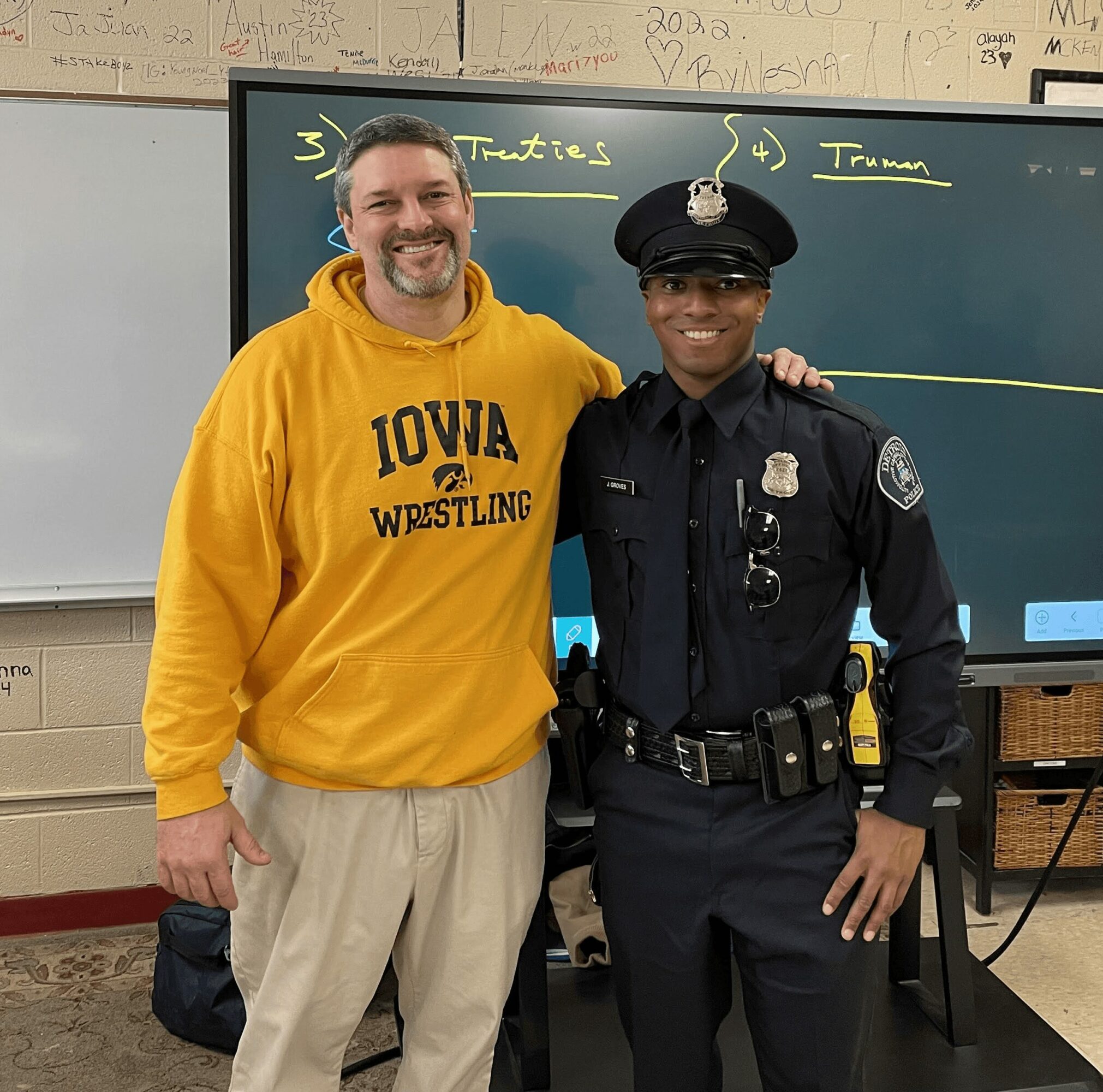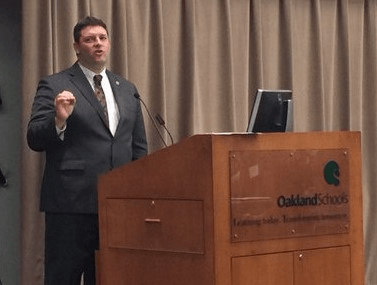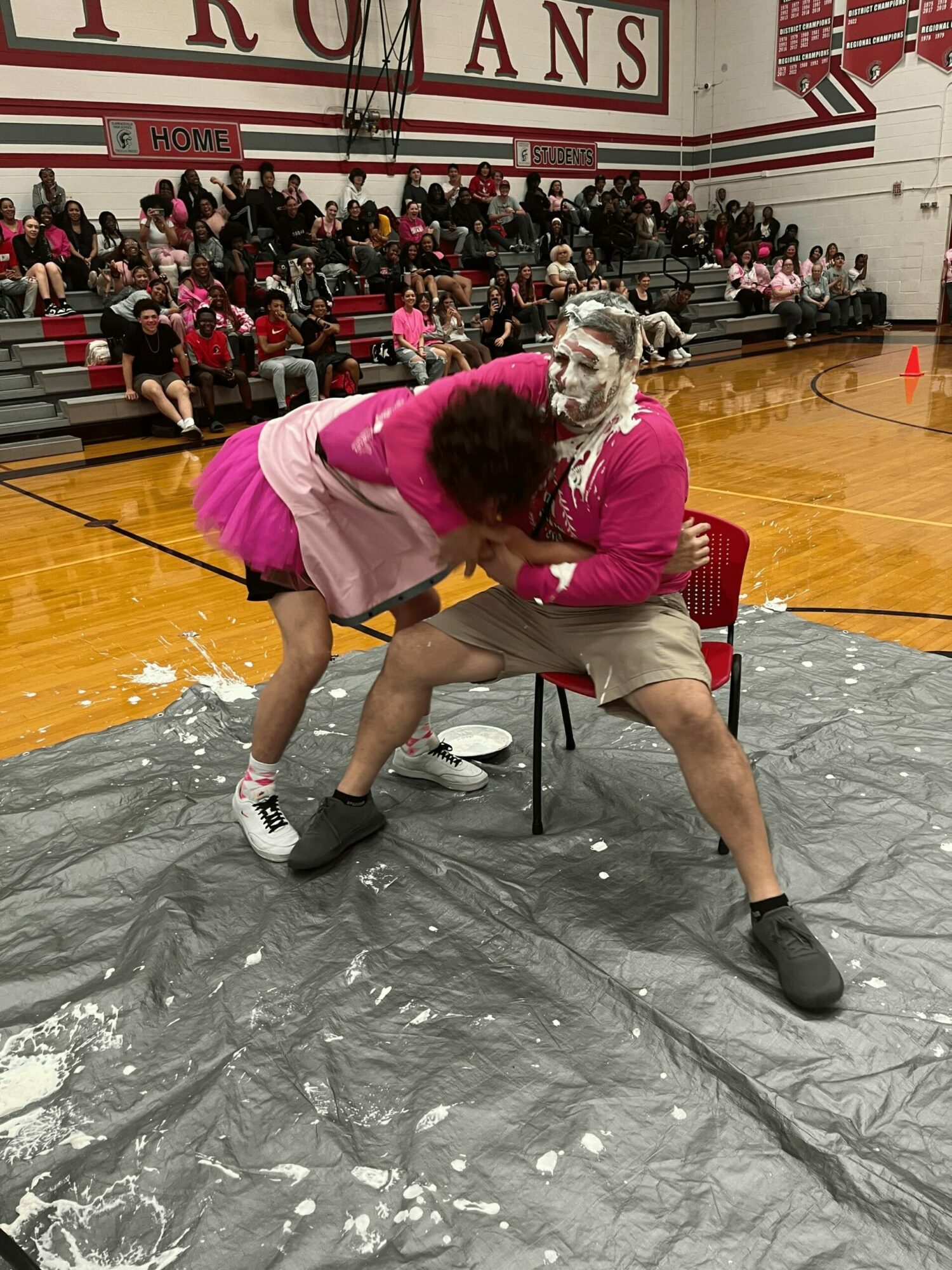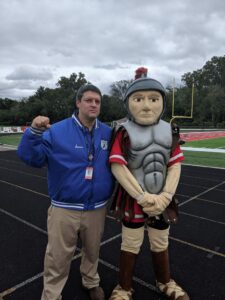
Today we’d like to introduce you to Anthony Salciccioli
Hi Anthony, we’re thrilled to have a chance to learn your story today. So, before we get into specifics, maybe you can briefly walk us through how you got to where you are today?
My path to the classroom was unexpected. I attended Michigan State University in 1992 with intentions of becoming an attorney. My senior law project made it quite evident that this career choice would be a poor one. With a college degree in hand and no money or direction, I returned to Metro Detroit. I played a lot of rugby, went out at night, and held an array of survival jobs. These ranged from being a salesperson, a toner recycler, construction worker, bartender, and working for a temp agency. Needless to say, I was spinning my wheels. In my shiftlessness a teammate asked me to volunteer coach in 1999. I enjoyed the experience immensely and it felt life-affirming and natural. I had the epiphany that coaching and teaching was likely the direction I should go. I re-enrolled at the University of Michigan-Dearborn and got my teaching degree. 23 years later I am still in the classroom and thankful I went down that path and not law.
Can you talk to us a bit about the challenges and lessons you’ve learned along the way. Looking back would you say it’s been easy or smooth in retrospect?
There is a Stoic tenet that the obstacle is the way. I feel this is a truism and I think obstacles are inherent in the human experience. My obstacles were not atypical, but pronounced. Finding an authentic self-identity and path in life was an obstacle. Getting out of a difficult marriage into a healthy second marriage was an obstacle. Finding balance in work and family was a challenge. I am of the mind that obstacles are character builders and galvanize your character and strength when these obstacles are overcome.
Appreciate you sharing that. What else should we know about what you do?
I work at Clarenceville High School. I have been a teacher for 23 years and I have specialized in the teaching of the social sciences. I have taught 13 different subjects during my tenure as a teacher. What I am most proud of professionally is the creation of a Philosophy elective. Few schools offer philosophy as a course and I am proud that it is established at Clarenceville. It has been my professional joy to teach this class and it has resulted in many students learning how to expand their thinking and explore their own self-identities. I feel philosophy should be a standard course taught to every student. Epistemology teaches one to question their presuppositions and explore why they think as they do. Aesthetics teaches to find beauty in the world and surround yourself with it. Ethics teaches the exploration of what is right and wrong. Logic teaches reasoned thinking and to avoid fallacies. Metaphysics allows students to explore the big and meaningful questions we all ask. These five modes of thinking are used daily and I feel if everyone learned the rudiments of philosophy, the world would be a much more rational.
The crisis has affected us all in different ways. How has it affected you and any important lessons or epiphanies you can share with us?
Crisis elucidates the range of human behaviors. Some people ransacked store shelves to storehouse supplies, while some people shared what they had to help the collective. Some people embraced science and others denied it and even glommed on to conspiracy theories. Some people took the time off to better themselves, whereas others descended into vice and unhealthy behaviors. Some people showed tremendous resilience and had outstanding coping mechanisms, other people were the antithesis of what I described. In short, people revealed their true colors.
Contact Info:
